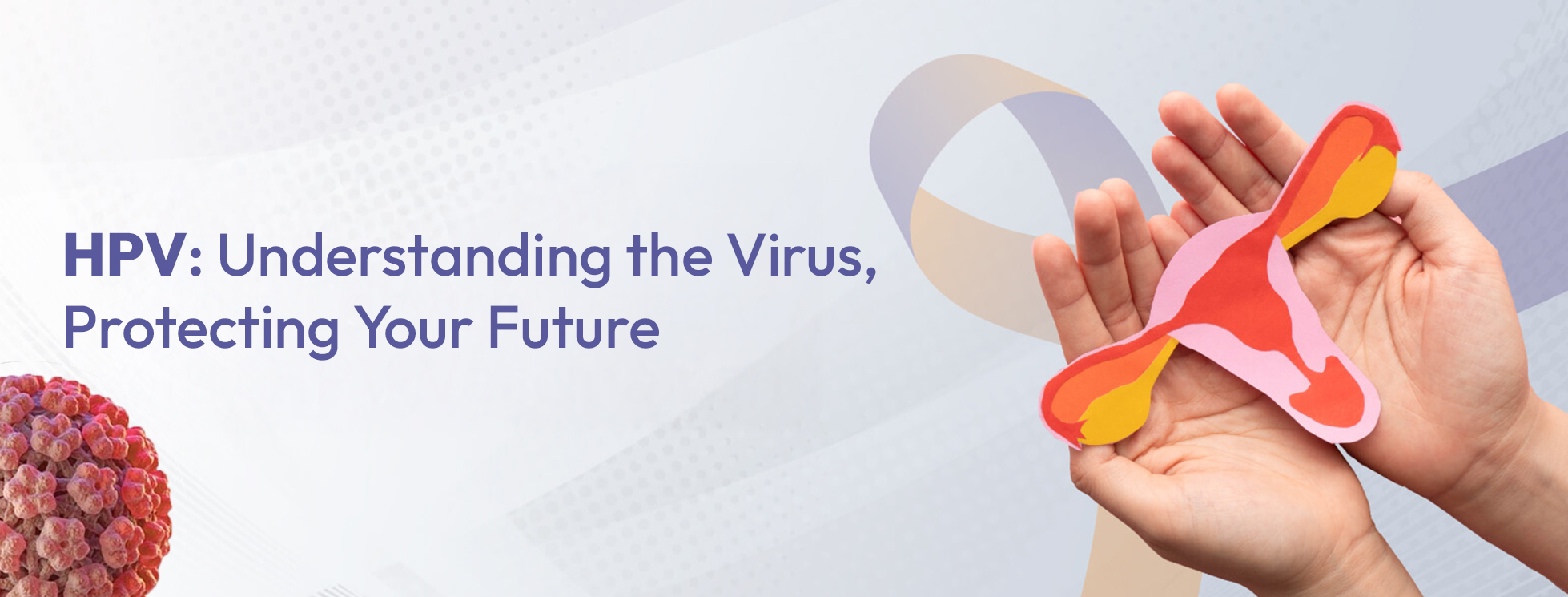Human papillomavirus (HPV) is one of the most common viral infections worldwide, yet many people remain unaware of its risks and prevention strategies. While some strains of HPV cause minor health issues like warts, others are linked to serious conditions, including cervical cancer and other types of cancer. Understanding HPV, its transmission, and how to prevent it through HPV vaccination and early screening is essential for long-term cancer prevention and overall women’s health.
What is HPV?
HPV is a group of over 200 related viruses, some of which are classified as high-risk due to their connection with cancer development. The virus spreads primarily through intimate skin-to-skin contact, making it one of the most prevalent sexually transmitted infections. While the immune system clears most HPV infections naturally, persistent infections with high-risk strains can lead to cervical cancer and other malignancies such as throat, anal, and genital cancers.
HPV and Cervical Cancer: The Link
Persistent HPV infection, particularly with high-risk strains like HPV 16 and 18, is the leading cause of cervical cancer. This type of cancer develops in the cells of the cervix and often progresses silently, showing symptoms only in advanced stages. Regular screening through Pap smears and HPV testing can help detect abnormal changes early, allowing for timely intervention.
How HPV Vaccination Can Protect You
One of the most effective ways to prevent HPV-related cancers is through HPV vaccination. The vaccine provides immunity against the most dangerous strains of HPV, significantly reducing the risk of developing cervical cancer and other HPV-related diseases. Here’s what you need to know about the vaccine:
- Who should get vaccinated? The HPV vaccine is recommended for preteens (ages 9–12) but can also be administered to teens and adults up to age 45.
- Is it safe? Yes, the vaccine has been extensively studied and proven to be safe and effective in preventing HPV infections.
- Does it eliminate the need for screening? No, regular cervical cancer screenings remain essential, as the vaccine does not cover all HPV strains.
Additional Prevention Strategies
While the HPV vaccination is a crucial tool in cancer prevention, adopting other preventive measures can further reduce the risk of HPV-related complications:
- Regular Screenings: Women should undergo routine Pap smears and HPV testing as recommended by healthcare providers.
- Safe Practices: Using protection during intimate contact reduces HPV transmission risks.
- Healthy Lifestyle: A strong immune system can help fight off infections, so maintaining a balanced diet, regular exercise, and avoiding smoking can contribute to better women’s health.
Conclusion
HPV is a widespread but preventable virus that poses significant health risks, particularly in the form of cervical cancer. By staying informed, getting the HPV vaccination, and undergoing regular screenings, you can take proactive steps toward cancer prevention and protect your future. If you haven’t yet been vaccinated or screened, consult your healthcare provider today to safeguard your health.

